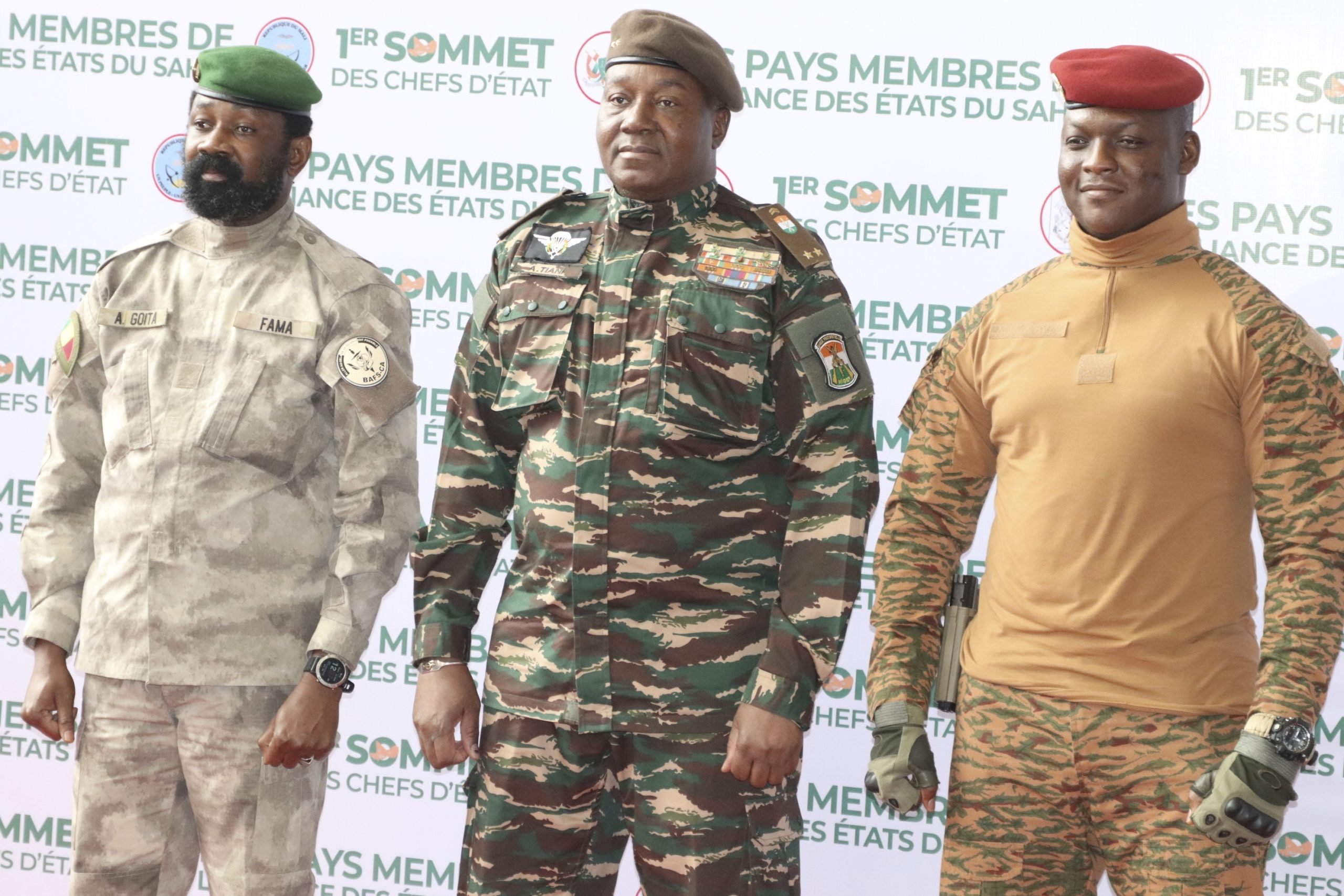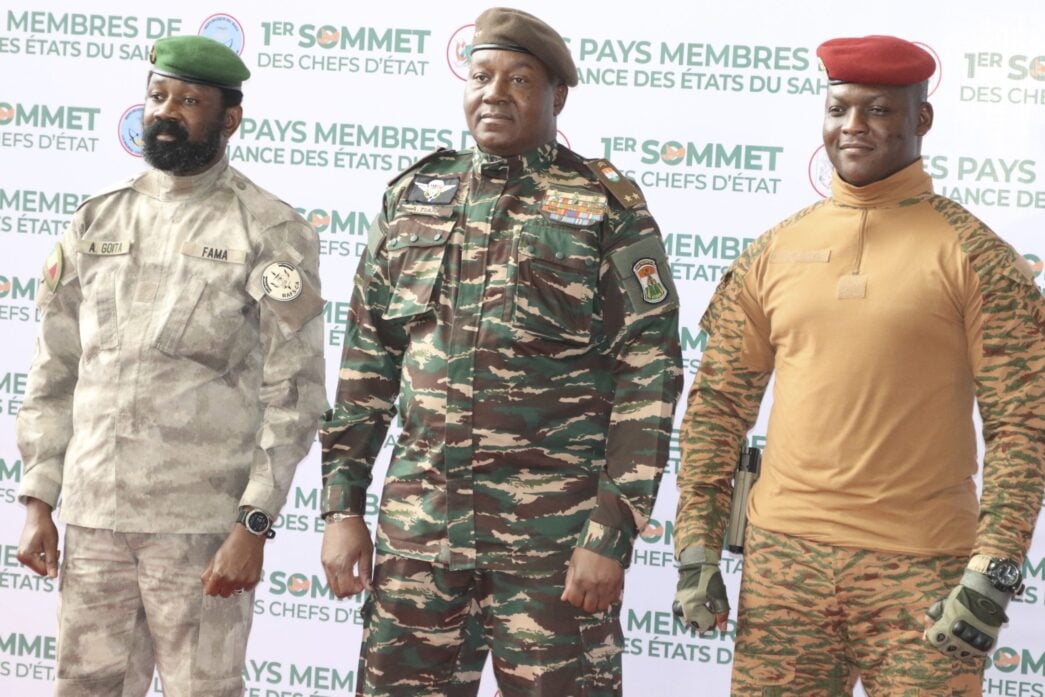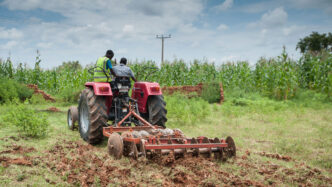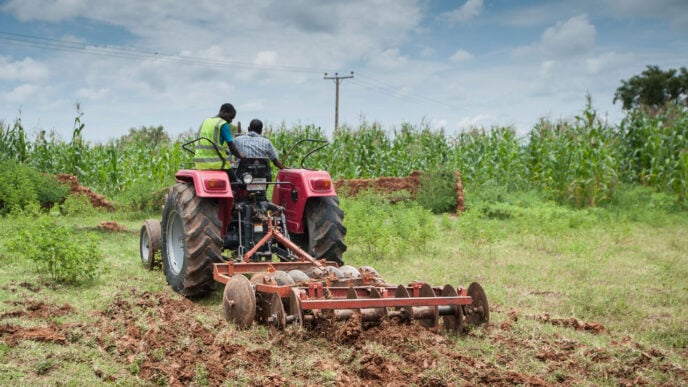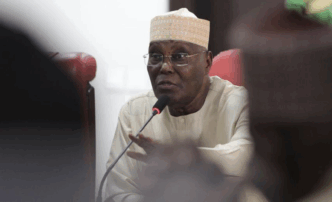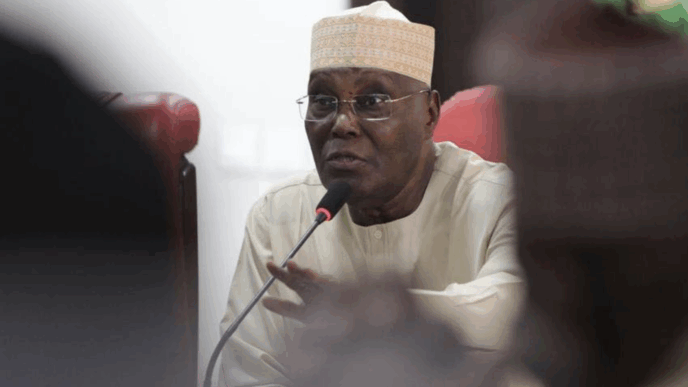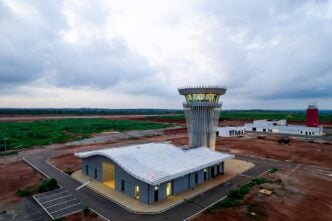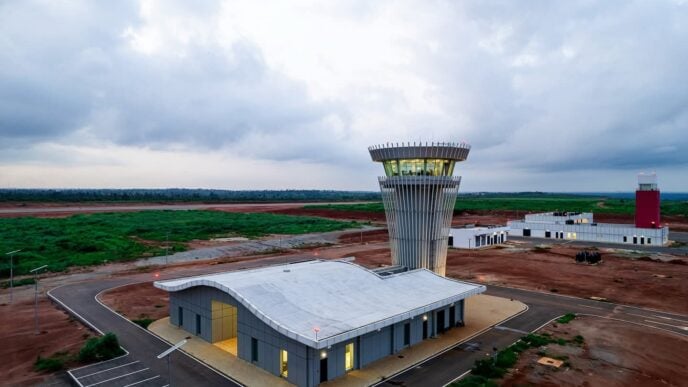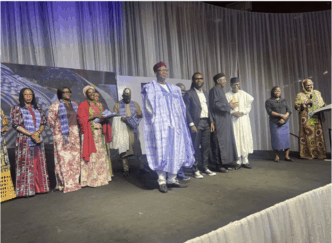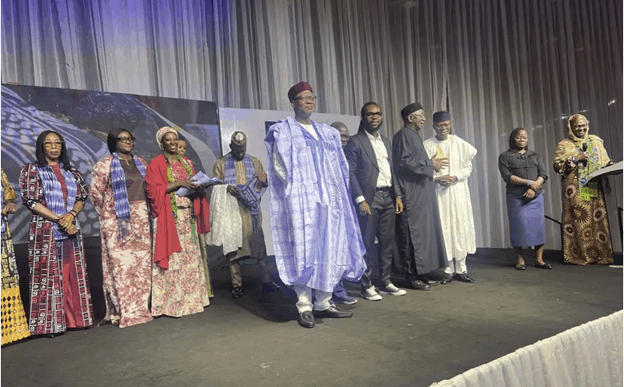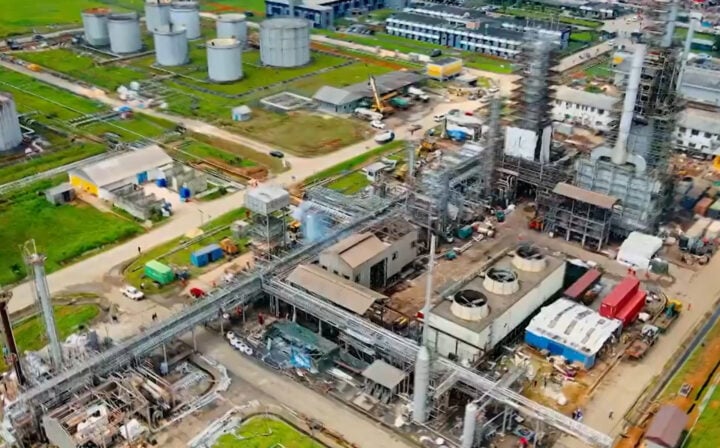L-R: Mali leader Assimi Goita, Abdourahamane Tchiani of Niger Republic, and Ibrahim Traore of Burkina Faso | File photo
BY ALKASIM ABDULKADIR
In recent weeks, a new wave of conspiracy theories emerging from the so-called Alliance of Sahel States (AES), comprising Niger, Mali, and Burkina Faso, has taken aim at Nigerian politicians and institutions.
Online influencers and sympathetic media outlets in these countries, and sadly in Nigeria, have circulated claims accusing Nigeria of everything from backing insurgent networks to sabotaging their economies and conspiring with foreign powers.
Such accusations are neither random nor harmless. They are a textbook example of foreign information manipulation and interference (FIMI) — the deliberate weaponisation of narratives to distract domestic audiences, discredit neighbours, and recast internal failures as external threats.
Advertisement
Across Africa, regimes under pressure increasingly turn to manufactured conspiracy as a political tool. When economies falter, insecurity worsens, and governance weakens, leaders often reach for a familiar script and find an outside villain.
In the AES context, Nigeria’s size, democratic legitimacy, and regional influence make it an easy target. Casting Nigeria as the ‘imperial proxy’ or ‘external aggressor’ allows military rulers to deflect attention from their own legitimacy crises, economic decline, and popular frustration.
This is not new. Information warfare has become the new battlefield, fought not with weapons but with words, memes, and manipulated media. What worsens our case is our domestic fault lines and a primordial politicisation of basic issues, a self-flagellation of believing the worst of ourselves. Our neighbours have understood this too well.
Advertisement
In late 2024, General Abdourahamane Tchiani of Niger accused Nigeria of hosting French troops, arming insurgents in border states, and plotting to destabilise his regime.
These claims, broadcast widely across Francophone social media, played well to domestic audiences but collapsed under scrutiny. Even within Niger, many citizens saw through the diversion.
The same junta that seized power in a coup, suspended the constitution, and plunged the economy into sanctions-induced hardship, was now trying to rally nationalism by fabricating an external enemy. By painting Nigeria as the aggressor, Tchiani turned attention away from Niger’s internal turmoil, spiralling inflation, food shortages, and a growing insurgency that the military cannot control.
In Burkina Faso, Captain Ibrahim Traoré’s administration has perfected the art of narrative engineering. State-linked outlets and pro-regime influencers have used digital propaganda to portray Traoré as an anti-imperialist liberator — the ‘Che Guevara of the Sahel’. To sustain that myth, there must be villains: France, ECOWAS, and, increasingly, Nigeria.
Advertisement
AI-generated videos and disinformation campaigns now circulate across the region, alleging Nigerian complicity in anti-AES plots or Western interference. The aim is not truth but emotional mobilisation to rally domestic support and silence dissent under the guise of sovereignty.
Nigeria’s focus today is squarely on rebuilding national credibility through democracy, development, and diplomacy – the core of the 4Ds foreign policy doctrine. The country has neither the time nor the interest in destabilising its neighbours.
The AES governments should therefore look inward. Their greatest challenges – poor governance, internal insecurity, and economic stagnation – will not be solved by scapegoating Nigeria. Regional solidarity demands mutual respect, not manufactured enmity.
Meanwhile, the AES regimes must realise that blaming Nigeria will not restore electricity, rebuild schools, or bring peace to the Sahel. Instead of exporting propaganda, they should focus on governing better, communicating honestly, and cooperating regionally.
Advertisement
If interested in the latter, the Regional Partnership for Democracy (RPD) under the auspices of the United Nations Development Programme (UNDP) is there for engagement.
Nigeria should not be used as the continent’s punching bag for other nations’ internal failures. History shows that when leaders use propaganda to distract from governance, it ends in isolation and instability.
Advertisement
Africa’s future depends on shared responsibility, not shared misinformation. Let the AES countries fix their houses first. Nigeria has moved on, building partnerships, protecting democracy, and leading by example in a region that desperately needs stability, not suspicion.
Alkasim Abdulkadir is the special assistant on media and communications strategy to Nigeria’s minister of foreign affairs.
Advertisement
Views expressed by contributors are strictly personal and not of TheCable.
